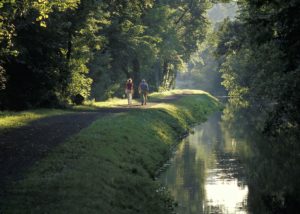
Audubon Mid-Atlantic, a merger organization of Audubon Pennsylvania and Audubon Maryland-DC, has officially joined the Growing Greener Coalition.
// by Robert Campbell

Audubon Mid-Atlantic, a merger organization of Audubon Pennsylvania and Audubon Maryland-DC, has officially joined the Growing Greener Coalition.
// by Robert Campbell

// by Hilary Hirtle
Using the American Rescue Plan (ARP) to fund the Environmental Stewardship Fund (Growing Greener) is a great fit because:
Water
// by Hilary Hirtle
(See the Economic Benefits section of https://conservationtools.org)
(TargetSmart survey of 1,332 likely PA voters conducted September 20-27, 2020; credibility interval of +/- 3.0%)
